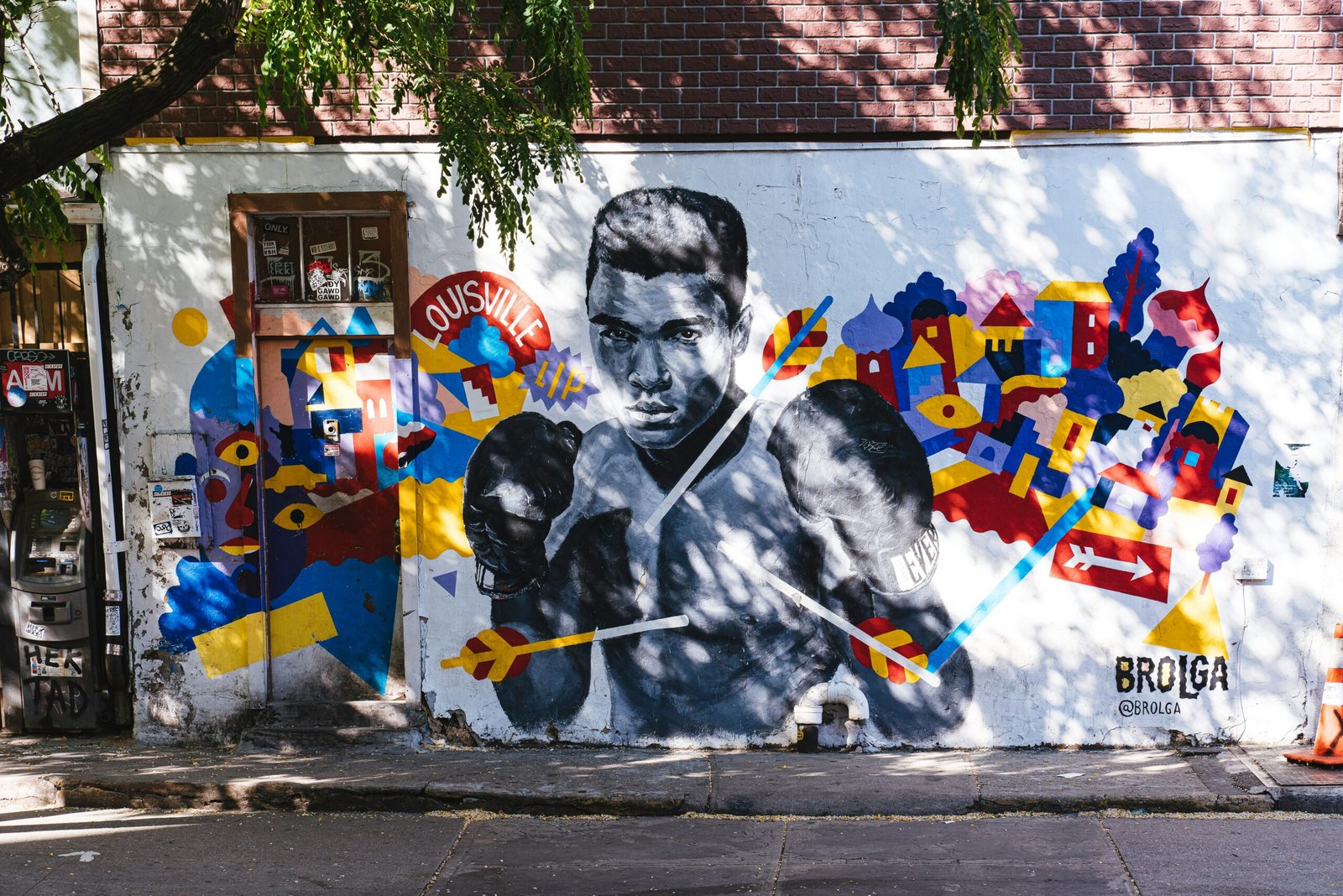The Context and Consequences of Muhammad Ali’s Conviction
On June 20, 1967, Muhammad Ali, born Cassius Clay, faced a pivotal moment in his life and career when he was sentenced to five years in prison for draft evasion. The jury’s swift 21-minute deliberation underscored the tensions of the era, particularly the Vietnam War and the burgeoning civil rights movement. Ali’s refusal to be inducted into the U.S. armed forces was not merely an act of defiance but a deeply personal decision rooted in his religious beliefs as a Muslim and his vehement opposition to the Vietnam conflict.
During the 1960s, the United States was embroiled in significant social upheaval. The civil rights movement sought to dismantle systemic racism and achieve equality for African Americans, while the Vietnam War provoked widespread anti-war sentiment. Against this backdrop, Ali’s stance became a flashpoint for broader national debates. His conviction on June 20, 1967, for draft evasion was symbolic, representing the intersection of race, religion, and political dissent.
The socio-political climate of the 1960s was charged with activism and resistance. Prominent figures like Martin Luther King Jr. and organizations such as the Student Nonviolent Coordinating Committee (SNCC) vocally opposed the war, linking it to the struggle for civil rights. Ali’s bold refusal, articulated through his famous declaration, “I ain’t got no quarrel with them Viet Cong,” resonated with many who questioned the moral and ethical justification for the war. His conviction was met with diverse public reactions, ranging from admiration for his courage to condemnation for his perceived unpatriotic behavior.
Media coverage of Ali’s sentencing and statements from notable figures of the time further amplified the debate. Newspapers, television broadcasts, and public demonstrations highlighted the nation’s division. Prominent civil rights leaders and anti-war activists supported Ali, viewing his punishment as an unjust consequence of his principled stance. Conversely, others saw it as a necessary enforcement of law and order amidst a time of widespread dissent.
The legal and social ramifications of Ali’s conviction were profound. Legally, it set a precedent regarding conscientious objection based on religious and moral grounds. Socially, it underscored the power of individual agency in the face of systemic pressures. Ali’s case became a catalyst for discussions about civil rights, religious freedom, and the legitimacy of the Vietnam War, cementing his role not just as a sports icon but as a significant figure in the broader struggle for justice and peace.
The Overturning of Ali’s Conviction and Its Lasting Impact
On June 20, 1967, Muhammad Ali was sentenced for draft evasion, a decision that reverberated across the United States. However, the legal tides turned in 1971 when the U.S. Supreme Court overturned this conviction. This landmark ruling was not just a personal victory for Ali but also a significant moment in the broader struggle for justice and civil rights. The Supreme Court’s decision was rooted in a complex legal battle that saw key arguments from both the prosecution and the defense scrutinized in detail.
The central issue hinged on Ali’s refusal to be inducted into the armed forces during the Vietnam War, citing his religious beliefs as a conscientious objector. The prosecution argued that Ali’s refusal constituted a clear violation of the Selective Service laws. In contrast, the defense maintained that Ali’s stance was protected under the First Amendment, which guarantees freedom of religion. The justices, in a unanimous decision, ultimately sided with Ali, recognizing that his conscientious objection was indeed sincere and thus legally valid.
This ruling not only vindicated Muhammad Ali but also set a powerful legal precedent regarding the protection of religious freedom in the context of compulsory military service. The broader implications for Ali’s career were profound. With his conviction overturned, Ali regained his boxing license and returned to the ring, continuing to solidify his legacy as one of the greatest athletes of all time. Public perception began to shift as well, with many viewing Ali not just as a sports icon but as a symbol of resistance and integrity.
Ali’s influence during this period extended beyond the legal realm. His unwavering stance against the Vietnam War and his advocacy for civil rights inspired countless other activists. Figures such as Martin Luther King Jr. acknowledged Ali’s courageous stand, which galvanized the anti-war and civil rights movements. Historians have since evaluated Ali’s case as a pivotal moment in American history, illustrating the intersection of race, religion, and politics during a tumultuous era.
The 1971 Supreme Court decision remains a defining moment in the annals of civil rights and legal history. It underscored the importance of judicial independence and the protection of individual liberties against governmental overreach. As such, the overturning of Muhammad Ali’s conviction continues to be a touchstone for discussions on civil rights and the power of principled resistance.

